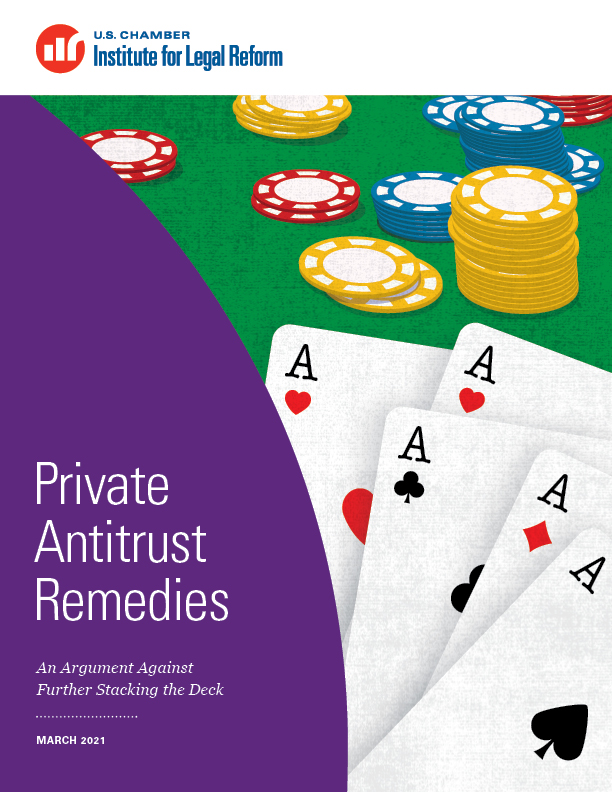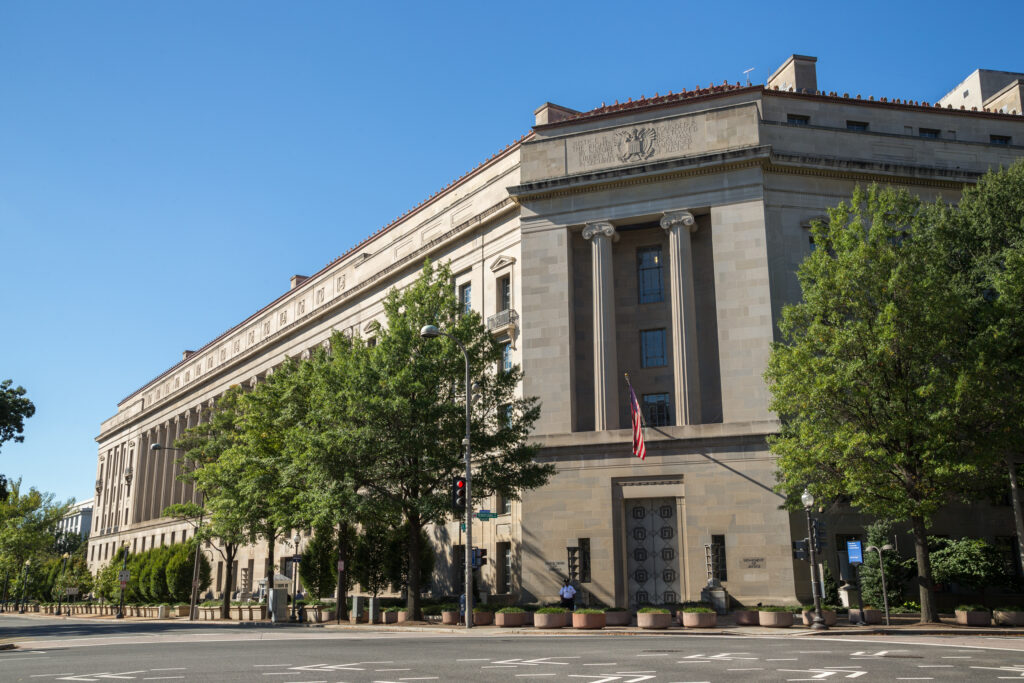The holiday season is upon us, and the Department of Justice (DOJ) recently announced policy changes that are the equivalent of finding a lump of coal under the tree.
For the past few years, the DOJ implemented a series of reforms for companies wanting to stay on the right side of the law. These reforms encouraged compliance and cooperation with the government.
Unfortunately, the DOJ has taken a major step backward in achieving these goals. Recently, Deputy Attorney General (DAG) Lisa Monaco issued the Monaco Memo, outlining several changes to how the DOJ will handle corporate compliance and cooperation. Some of these changes represent significant rollbacks to previous reforms. Others change longstanding department policy.
New changes include requiring prosecutors to look at any prior misconduct by a company, rather than looking at prior misconduct similar to the matter at hand, when deciding how to proceed with an enforcement action. This can include:
- Unrelated prior criminal acts;
- Violations of unrelated civil laws and unrelated regulatory rules;
- Violations of unrelated foreign laws; and
- Violations committed by other divisions of a company or by corporate affiliates, subsidiaries, “and other entities within the corporate family.”
This expansive inquiry can be hugely expensive, especially for large, multinational employers. It is also a major change to longstanding DOJ practice. And it is unclear how far back in a company’s history prosecutors should look. It appears to include an unrelated regulatory violation that happened a decade ago or longer and long since fixed.
That’s not all. The DOJ is returning to the “all or nothing” approach for cooperation credit. In 2018, the DOJ narrowed the reach of what’s known as the “Yates Memo.” The Yates Memo forced companies to disclose every piece of information about every individual wrongdoer—those inside and outside the company, no matter how minor their involvement—to obtain any cooperation credit. Narrowing the Memo to employees who were substantially involved in misconduct was much more manageable and made it more likely for companies to cooperate and settle. Unfortunately, returning to the “all or nothing” approach for credit will increase the length and expense of investigations and make it harder for companies to cooperate with the DOJ proactively.
The Monaco Memo also rescinded important guidance on the use of independent corporate monitors. Monitors are third-party experts paid for by companies and approved by the DOJ to review the company’s operations and compliance over several years. Because corporate monitors are expensive and aren’t always needed, the DOJ changed its policy in 2018 on how often to use them. But their frequent and widespread use might come back after DAG Monaco emphasized the importance of regularly using monitors to determine whether companies are following their agreements with prosecutors.
Lastly, the DOJ is creating a Corporate Crime Advisory Group (CCAG). It “will have a broad mandate” and will look at issues such as recidivism, standards for the selection of corporate monitors, and the DOJ’s approach to pretrial diversion. CCAG is asking for feedback from the business community, and given the significant changes, we encourage companies to reach out and voice their concerns.
The Corporate Crime Advisory Group should clarify the Memo’s ambiguities and recommend ways to foster an environment of cooperation. Changing longstanding practices and rolling back reforms that incentivized companies to self-disclose violations and cooperate will lead to an environment of hostility and mistrust between the DOJ and the business community and will be less likely to produce the result that everyone wants—-staying on the right side of complex laws.



